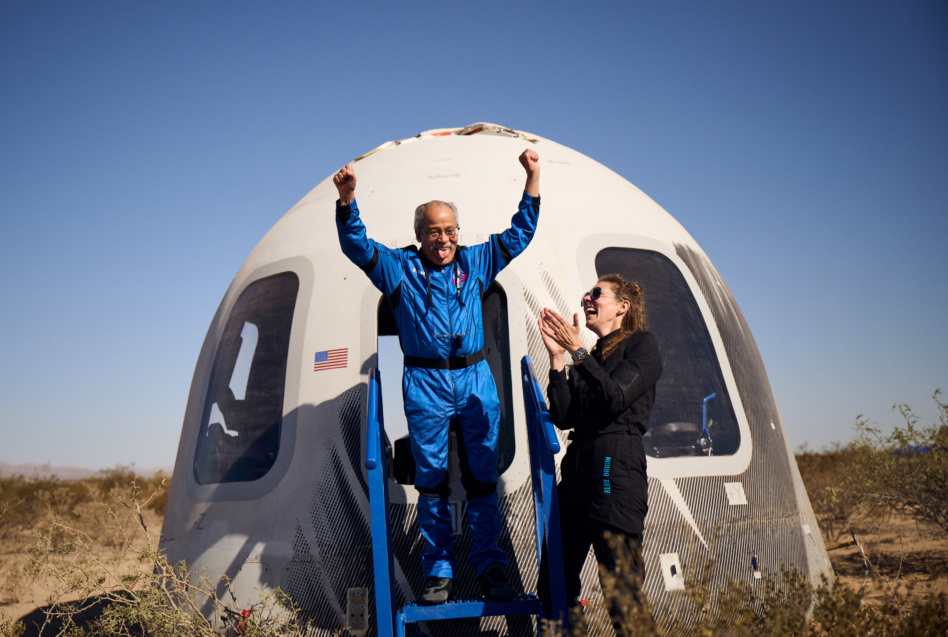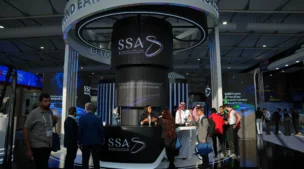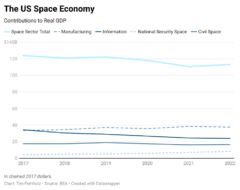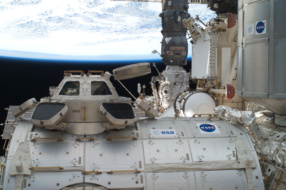Six passengers reached the edge of space onboard Blue Origin’s New Shepard capsule yesterday, marking the first time the only reusable suborbital vehicle has carried humans since 2022.
Each member of the crew paid for the privilege, per Blue, with philanthropists backing the trip for 90 year-old retired Air Force Capt. Ed Dwight, who trained as an astronaut during the Apollo era but never got a chance to leave the planet. It’s not clear how much a ticket on the vehicle costs, with some estimates landing at $1M.
The only apparent hiccup during the New Shepard’s 25th mission came when one of the capsule’s three parachutes failed to deploy completely as the astronauts returned to Earth.
Blue said the vehicle is designed to land safely with just two chutes, but the issue will need investigation. Boeing and SpaceX had to repeatedly re-design and re-qualify parachutes for their orbital space capsules.
Return to flight: In September 2022, an uncrewed New Shepard mission suffered a booster failure that grounded the vehicle for more than a year. The company said in March 2023 that its investigation revealed that the engine nozzle failed due to an unexpectedly hot engine, and that it had redesigned the nozzle. In December the vehicle flew without crew for the first time since the incident.
Blue didn’t answer questions about the redesign process or what it learned on the uncrewed mission that led it to proceed to human flight at this time. Executives have said publicly that there is robust demand for passengers and research onboard New Shepard, but it is hard to determine how important the program is to the company.
Incidentally, the company posted the job description for “Director, New Shepard Operations,” last week.
Now You, Glenn. Now, all eyes turn to the flight of Blue Origin’s New Glenn rocket, which will finally put Jeff Bezos’ space company in orbit. Expected sometime later in the year, the flight of New Glenn will help justify the significant investment in New Shepard, which acted as a technology development platform for the much larger reusable space vehicle.




